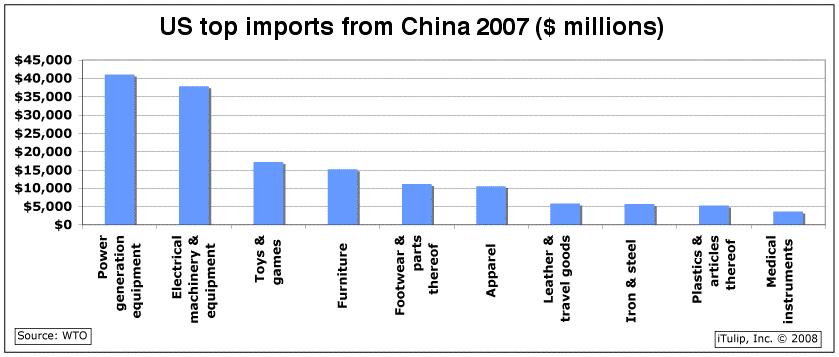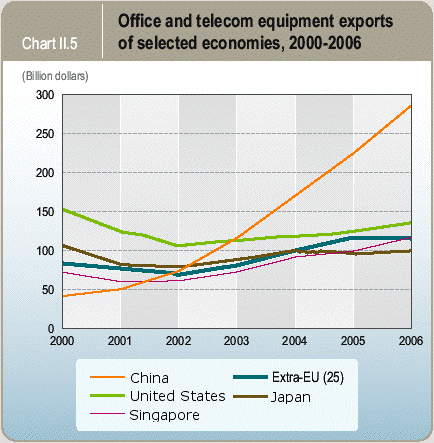Re: Peak Cheap Oil Ends Globalization
What struck me about the video is the notion that higher transportation costs have removed the greatest brake on inflation, the labor arbitrage. I can understand the example of steel shipments where labor is apparently a relatively smaller fraction of the overall price. However, in light of the still substantial difference in wage rates between say the US and China for example, I question whether this will have a significant impact, i.e., sufficient to generate US wage inflation?
What struck me about the video is the notion that higher transportation costs have removed the greatest brake on inflation, the labor arbitrage. I can understand the example of steel shipments where labor is apparently a relatively smaller fraction of the overall price. However, in light of the still substantial difference in wage rates between say the US and China for example, I question whether this will have a significant impact, i.e., sufficient to generate US wage inflation?



 )
)

Comment